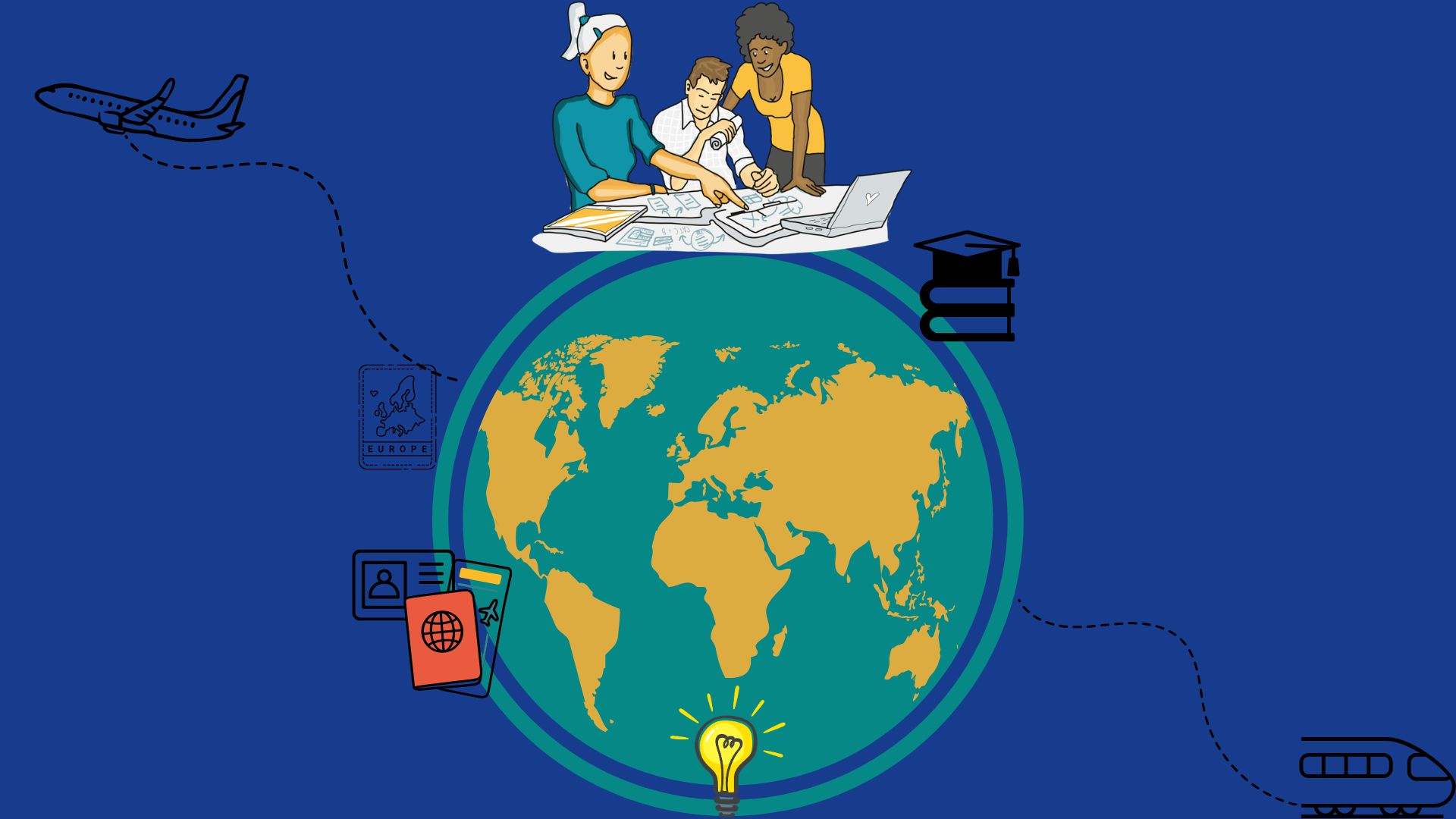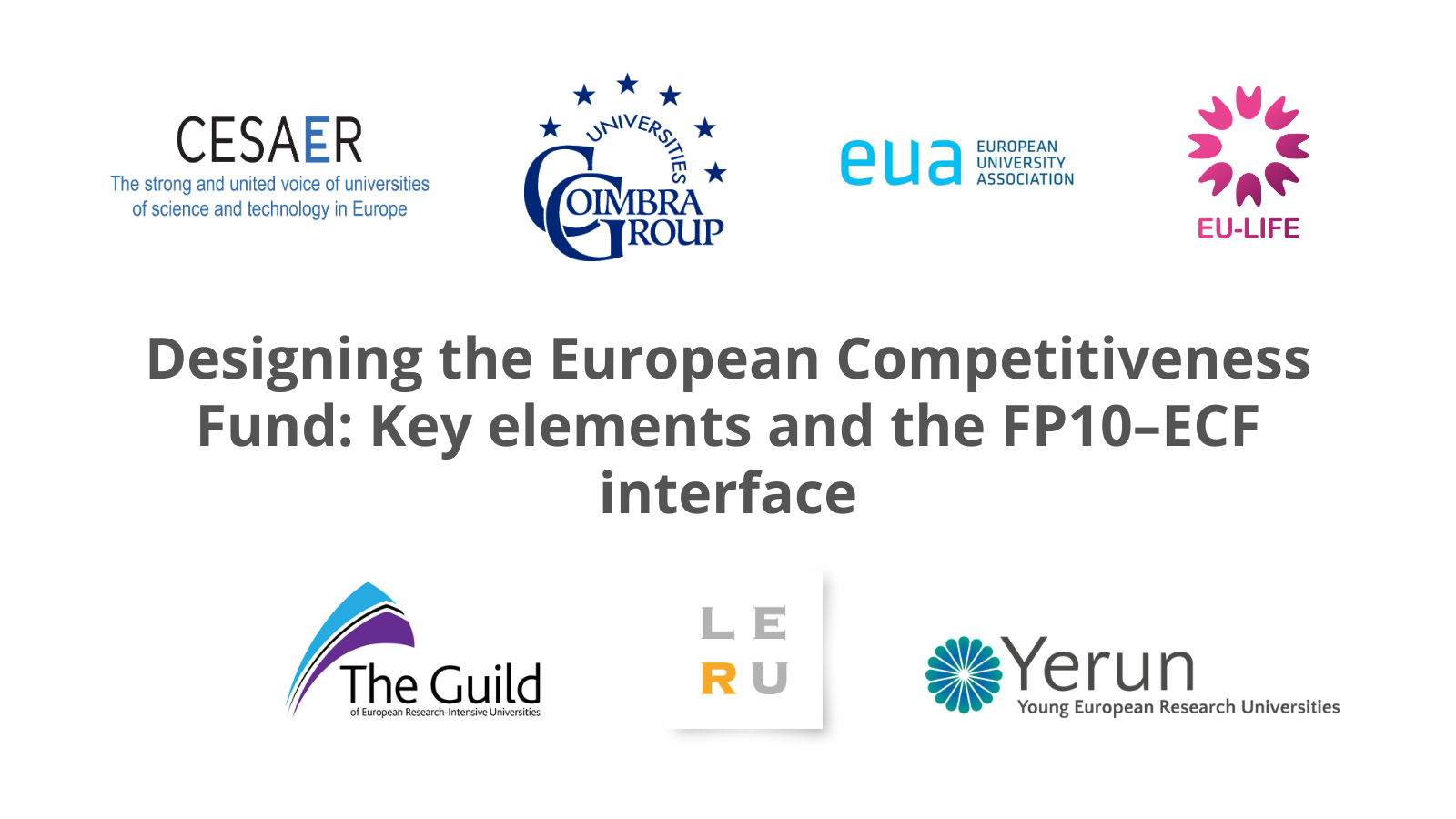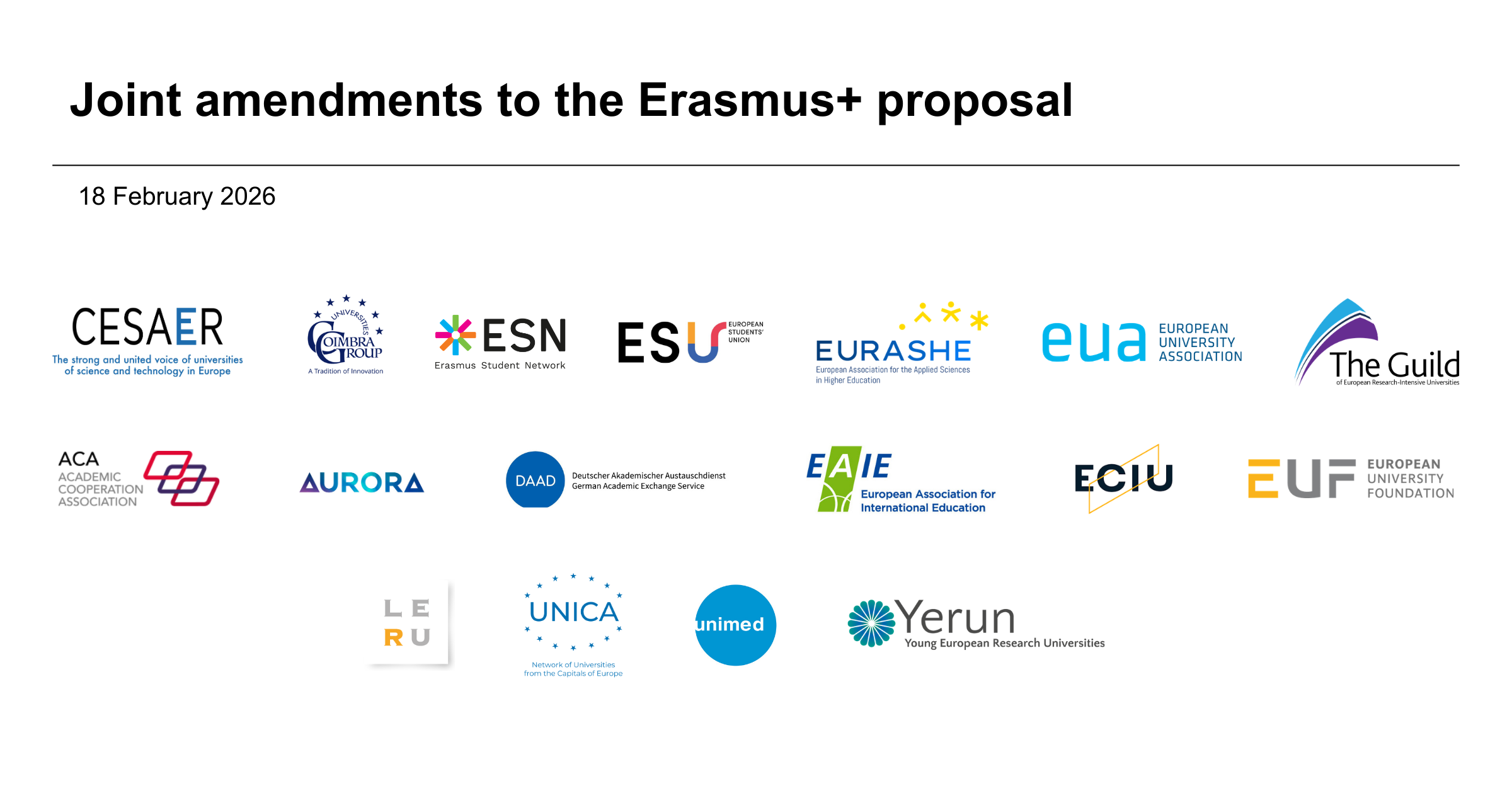The world’s largest brain study of childhood trauma has revealed how it affects development and rewires vital pathways.
The study – led by Dr Megan Klabunde from the University of Essex – uncovered a disruption in neural networks involved in self-focus and problem-solving. This means under-18s who experienced abuse will likely struggle with emotions, empathy and understanding their bodies.
Dr Klabunde’s cutting-edge research used AI to re-examine hundreds of brain scans and identify patterns.
It is hoped the research will help hone new treatments for children who have endured mistreatment. This could mean therapists focus on techniques that rewire these centres and rebuild their sense of self.
Dr Klabunde said: “Currently, science-based treatments for childhood trauma primarily focus on addressing the fearful thoughts and avoidance of trauma triggers.
“This is a very important part of trauma treatment. However, our study has revealed that we are only treating one part of the problem.
“Even when a child who has experienced trauma is not thinking about their traumatic experiences, their brains are struggling to process their sensations within their bodies.
“This influences how one thinks and feels about one’s ‘internal world’ and this also influences one’s ability to empathise and form relationships.”
Dr Klabunde reviewed 14 studies involving more than 580 children for the research published in Biological Psychiatry Cognitive Neuroscience and Neuroimaging.
Read the full story on the University of Essex website.










